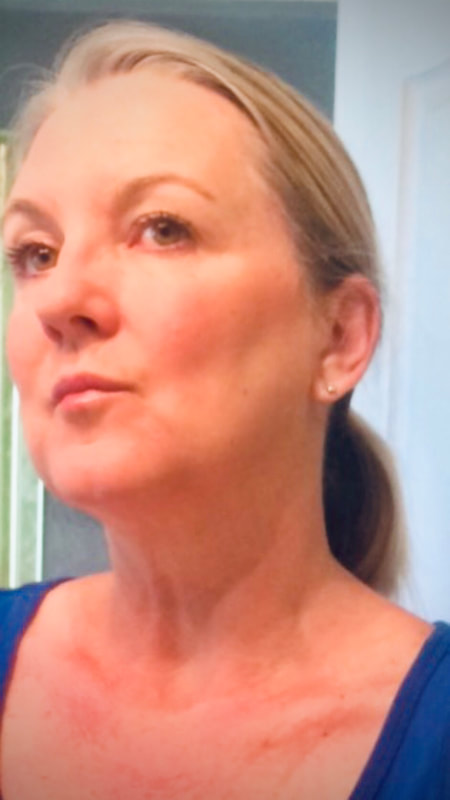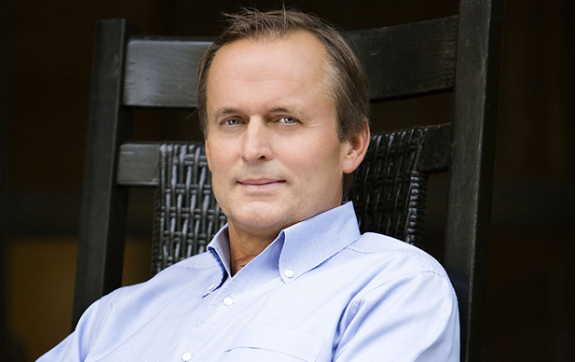|
COVID-19 shutdowns and mishandling have helped to create unemployment and job loss for over 30 million U.S. citizens. A staggering one in five American workers are collecting unemployment benefits to date. Since my stint with coronavirus unemployment, I started a website. At present, I’m not making any money, but things could change. Hope floats.
Before the pandemic, I worked as an adjunct instructor at WKCTC, and had a second job at a local newspaper publishing company. This summer, I had neither position. Backtrack to December 2019, I was asked if I wanted to write articles for the newspaper group. I’ve tested the waters in several areas of my expertise, however, writing was never one of them. Now, I wonder why it took so long to try. There have been times in my life I’ve faced troubles. Much like anyone else, life hasn’t always been fair or just. I had a glimpse of various bumps in the road during my high school years but up to that point, I felt I had lived a charmed life. I graduated college with a degree in broadcast journalism with sights set on being the next Jane Pauley. Life had other plans for me. The saying, ‘when life hands you lemons, make lemonade.’ For some of us, it’s the choices we make that turns everything to sour grapes. Whether it’s bad luck or bad choices, it’s how we cope with life’s challenges that matters. One can either brush themselves off and get back on the horse or sink further into misery and despair. Recording our lives through Facebook is a wonderful idea. Most have smartphones that are used to take pictures and record short videos. Once we’ve captured those moments, we add our photos and videos to the social media site with a click of a button and presto, a record of our lives in the form of a timeline. From now and until the end of Facebook, those important moments are memorialized. Through the years, I’ve chosen destructive behavior to deal with problems. I’m not proud of my coping strategies, but I accept them for what they are. I’m still alive and kickin’, just worse for the wear. That’s until I found the right coping skill for me, writing. Not just short, little quips on social media that present all things in a positive light, but real, down-in-the-dirt, sometimes ugly, time-consuming, thought-provoking writing. My undergraduate degree is in broadcast journalism (I believe the more widely accepted term today is multimedia journalist), since the emphasis was on broadcasting, I didn’t think I had the proper training to be a writer. I’m not an English Lit major either, but I have life experience, passion, drive, spell-check and a thesaurus on my computer. I’m challenging the negative thoughts. After googling the internet trying to find what it takes to be a writer, each search led me to blogger sites, undoubtedly through SEO. As part of my expertise as a public speaking instructor, one of the first things I share with students is using credible sources. The search continued. Next, I looked for books on becoming a better writer. There were several: The Classic Guide to Writing Nonfiction, by William Zinsser. A Memoir of the Craft, by Stephen King, Ernest Hemingway on Writing, edited by Larry W. Phillips, and the list goes on. I’ll pick up a copy or two for later use. As I continued my quest on how to be a writer, my thoughts turned toward fiction writer John Grisham. I wasn’t an avid reader in high school but priorities changed as an adult and so did my taste in entertainment. Thank goodness. Grisham was an attorney who wrote about attorneys. The southern city’s he explored in his books were city’s I knew well. And, his attention to ‘the little things’ kept me interested. Everything was explained down to the last detail. I wanted to know his thoughts on pursuing a writing career. Grisham said to ‘write a page everyday, between 200 - 1000 words, and you’ll have a novel in two years.’ He suggested writing at the same time everyday and in the same place for an extra hour, no exceptions. At this time, I have no plans to write a novel. Jane Pauley is a journalist/writer I’ve admired. She was invited as a guest speaker a few years ago to Chesapeake Public Schools in Virginia. After speaking, Pauley took questions from aspiring student journalists. One student wanted to know about finding a passion for journalism and a voice for the voiceless. Pauley responded by saying ‘those stories are out there waiting to be identified and if something inspires you, go find it.’ It boils down to passion and commitment. There’s nothing you can’t do if you have those two idealism's. If you’ve got something to say, say it, write it, practice the craft. Recording your thoughts on paper isn’t a new concept. Therapists have advocated this therapy option for years. Journaling is a positive way to deal with stress, anxiety and depression. According to the University of Rochester Medical Center, writing your thoughts down on paper helps to improve your mood, it aids in relaxation and meditation, and it promotes healthy life- coping skills. Facebook and other social media formats have their place in society and will only get bigger and more broadly used as time permits. It’s a place to record memories, share memories, stay connected with family and friends, conduct business as an entrepreneur or small company, promote non-profits and upcoming events, it’s amazing all it can do. Facebook has its limitations. It’s short clips, news briefs, a quick scroll through the news feed and you’re done. Writing or journaling gives you that time of reflection. The ability to have thoughts you didn’t know you had or were capable of thinking. The world is fast, let your mind catch-up. That’s what I did and I hope I never go back.
0 Comments
Leave a Reply. |
Written by
|



 RSS Feed
RSS Feed